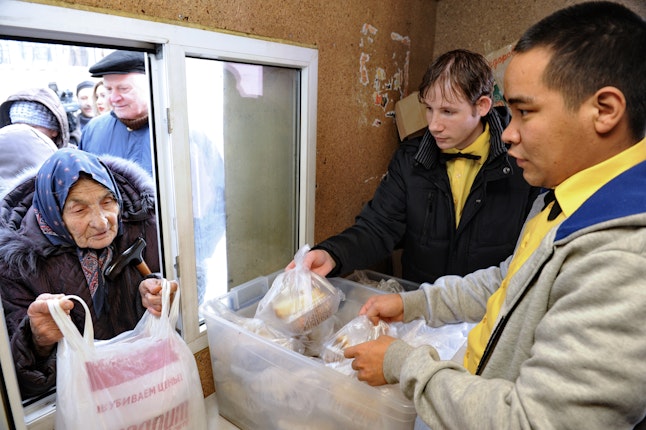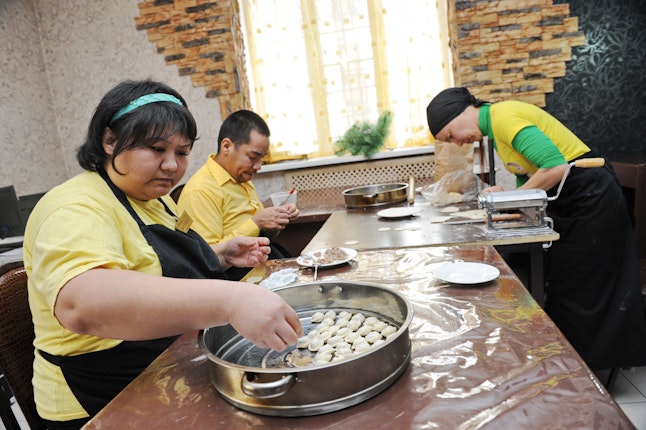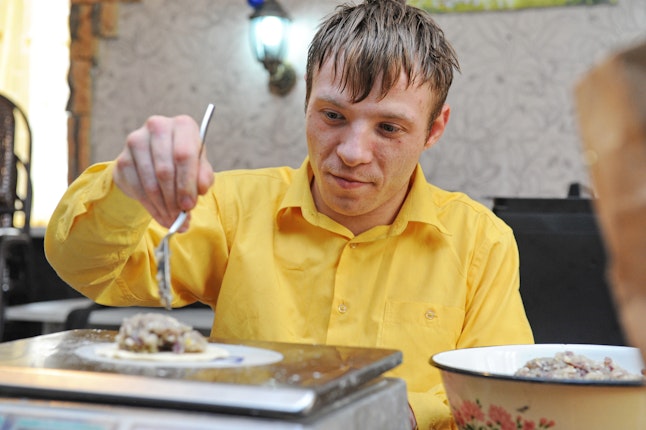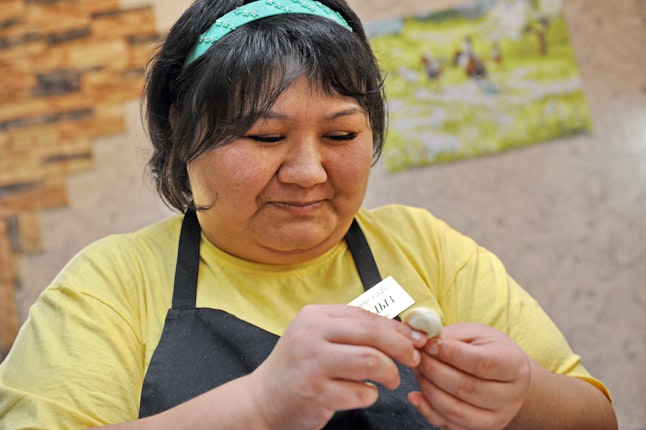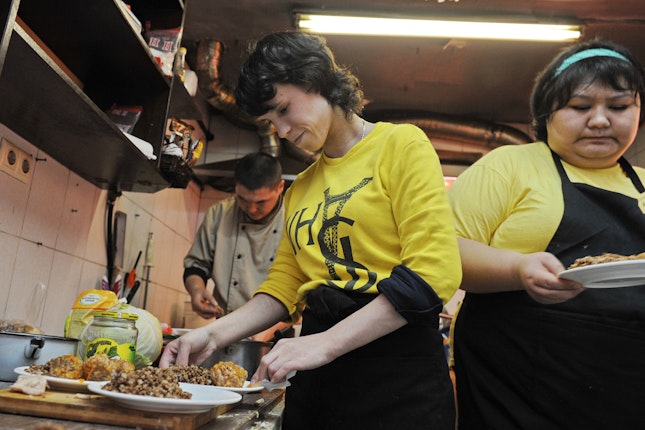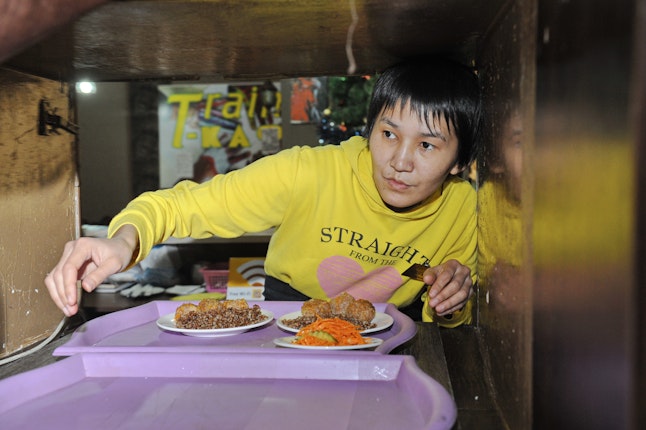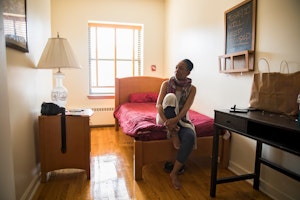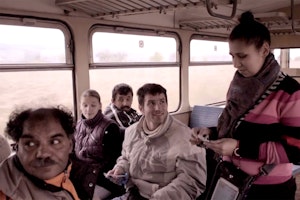Kazakhstan’s “Training Café” Serves Up Inclusion
By Ainur Shakenova
In 2014, when the Kazakhstan Psychoanalysts’ Association proposed opening a café in Almaty staffed entirely by people with disabilities, my first reaction was dismay.
As someone who advocates for disability rights, I knew how difficult this would be. After all, Kazakhstan is a place where only three percent of people with disabilities hold down any job at all.
Of all marginalized groups, one could argue that people with disabilities are the country’s most vulnerable, with some 10,000 confined in approximately 50 segregated residential institutions. These facilities, which operate with little oversight, implement their own rules and procedures, many of which run contrary to national and international standards.
Working to liberate people from this system is the long-term priority of our work, and incrementally moving them from institutions into the community—and the workforce—is a key component of those efforts. But a café? I worried the logistics and legal barriers were too complex to overcome. More than that, I feared a negative public response. What if a customer says something hateful to our staff? What if the patients themselves don’t like working there?
I shared my concerns with Anna Kudiyarova, president of the Kazakhstan Psychoanalysts’ Association and the leader of the café project. Her response: “Everything’s possible. Let’s give it a try.”
So we did. In June 2015, the Training Café opened to the public. Our first 40 staffers came to us from a residential home for people with mental and physical disabilities in Almaty.
On the opening day of the cafe, news crews were there to document the effort. They talked to the café staff, as well as staff from the residential home and NGO representatives. Not everything went off without a hitch—at a certain point, the police came along and told us all to go inside the café because we were violating a public order law by congregating outside.
Interacting with customers, our waiters were tense at first. But they soon relaxed, and before long were chatting with the patrons and serving them quickly and professionally. One staff member told us that he does not consider himself disabled and that he hopes to find a proper job in the future so he can find a place to live with his girlfriend and start his own family.
In December, Tamara Duisenova, the minister of health care and social affairs, visited the Training Café to express her support for the project. It has also received a fair amount of media attention, and even some awards, including second place at the national competition for the best social projects implemented in Kazakhstan. Last year the institution began working to correct the legal status of the café’s workers so they can leave the institution and live in the community. Two of its residents have left already.
We hope the café inspires the beginning of a debate in Kazakhstan about disability rights. Although the government ratified the UN Convention on the Rights of Persons with Disabilities last year, there has been little to show for it. The convention, which is legally binding, affirms the right to “live in the community with choice equal to others,” and requires states to develop “a range of in-home, residential, and other community support services, including personal assistance to support living and inclusion in the community, and to prevent isolation or segregation from the community.”
Yet Kazakhstan is failing to live up to the convention’s mandates. Simply convincing the Almaty institution to allow its residents to work at the café required a herculean effort.
Still, together with our partners, we continue to work to develop and share community-based alternatives to institutionalization for people with disabilities. We consider the Training Café project a step towards social inclusion. Thanks to the attention it’s received, six other NGOs have expressed a willingness to create such places in their own cities. This is a way we can create change, one satisfied customer at a time.
Ainur Shakenova is the social inclusion initiative coordinator at Soros Foundation–Kazakhstan.
